The Tax Department ( Ministry of Finance ) has just issued a code of conduct for tax officials in the performance of their duties. The code aims to improve service quality, focus on taxpayers and tighten discipline and order in the entire industry.
According to the new regulations, tax officials must comply with civilized, respectful and friendly communication standards with citizens and businesses. When conducting transactions directly, in writing or by phone or email, officials must provide complete and accurate information to ensure that taxpayers understand and comply with legal regulations.
The tax sector emphasizes the motto of “taking taxpayers as the center of service”. Accordingly, civil servants are responsible for creating the most favorable conditions for people and businesses to voluntarily comply with tax obligations. Units are required to implement the criteria of “4 pleases, 4 alwayss”: Hello, sorry, thank you, permission; always smile, always be gentle, always listen and always be ready to help.
When communicating by phone, civil servants must clearly introduce their full name, title, and work unit and exchange brief and polite information. The tax sector also requires strict compliance with information confidentiality regulations, speaking regulations, and "need to build - need to fight" standards in public service activities.
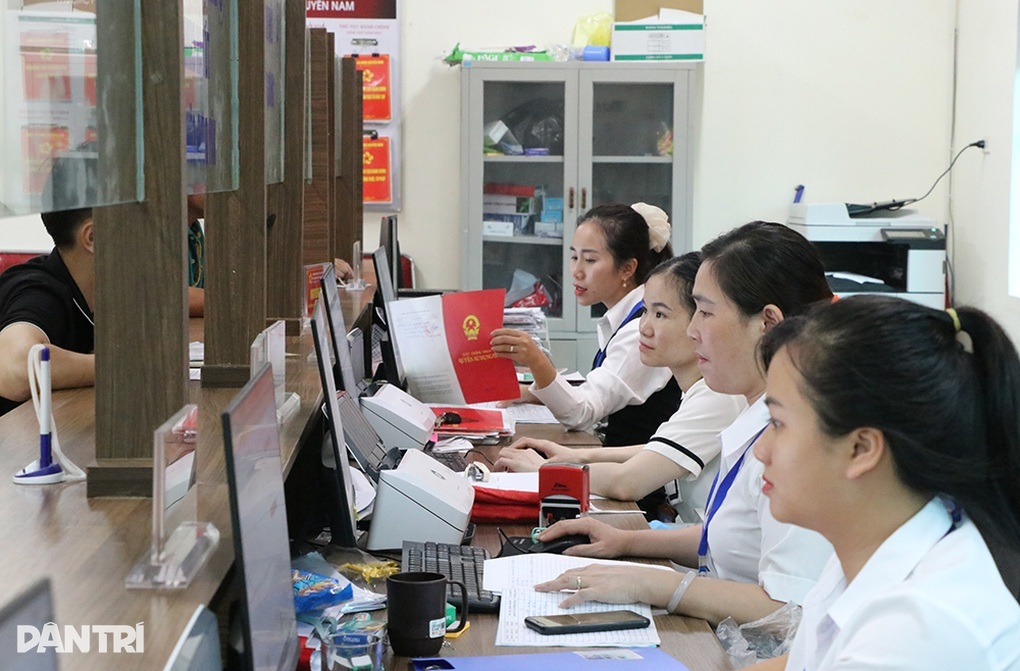
Staff of the Public Administration Service Center of Hung Nguyen Nam Commune, Nghe An Province receive requests for administrative procedures from people (Illustration photo: Hoang Lam).
In addition to mandatory regulations, the code of conduct also lists prohibited behaviors. Accordingly, civil servants must not have an unprofessional attitude or misuse regulations on uniforms and badges. Any acts of abuse of power, harassment, extortion, or causing difficulties for personal purposes will be strictly handled.
Civil servants must not refuse legitimate requests from taxpayers; must not collude or assist in tax fraud; must not disclose or illegally use information of organizations or individuals. Acts of shirking responsibility, prolonging the time to process documents, arbitrarily requesting additional documents outside of regulations, or illegally receiving money or gifts are all prohibited.
In addition, tax officials are not allowed to conduct transactions or request additional documents outside the tax office and one-stop shop, except in cases permitted by law. Using social networks to share or comment on false information related to taxpayers is also strictly prohibited.
The Tax Department requires heads of affiliated units to fully and consistently implement the code of conduct; and to publicly post it at the office so that people and businesses can easily follow and monitor it. Inspection and supervision work is required to be integrated into quarterly periodic assessments, sent to the personnel organization department to synthesize and publicize the results for the entire industry.
The tax sector also emphasizes the responsibility of the head. If violations occur, both civil servants and heads of related units must be held responsible according to regulations.
Source: https://dantri.com.vn/kinh-doanh/cong-chuc-thue-phai-4-xin-4-luon-tuyet-doi-cam-sach-nhieu-nguoi-dan-20251123141745907.htm



![[Photo] Prime Minister Pham Minh Chinh attends the patriotic emulation congress of the banking sector](/_next/image?url=https%3A%2F%2Fvphoto.vietnam.vn%2Fthumb%2F1200x675%2Fvietnam%2Fresource%2FIMAGE%2F2025%2F11%2F24%2F1763981997729_tt-nhnn-jpg.webp&w=3840&q=75)




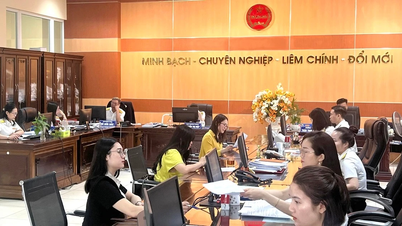

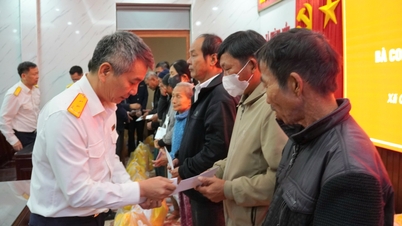

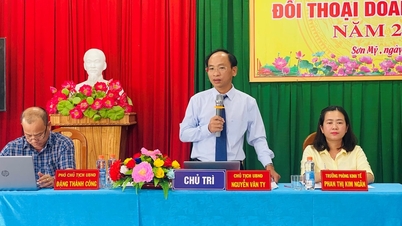


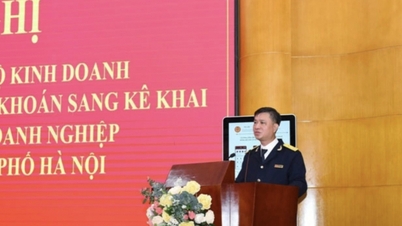

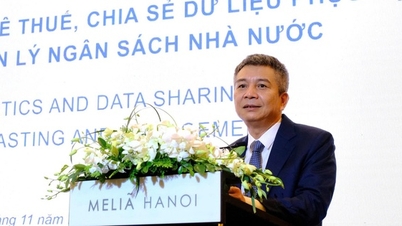

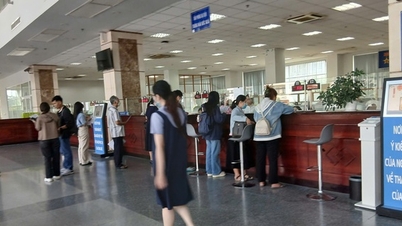






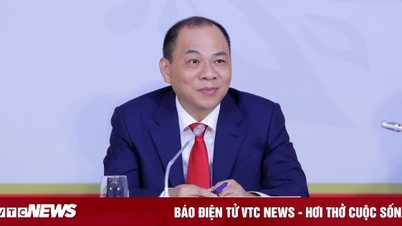





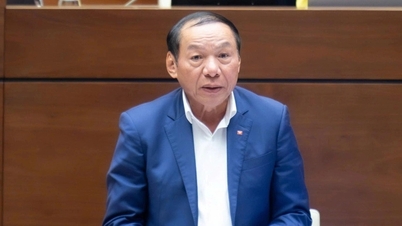

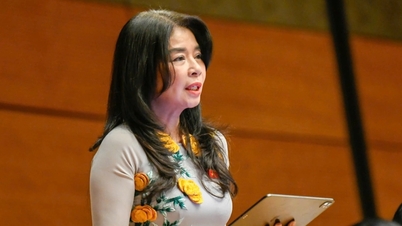
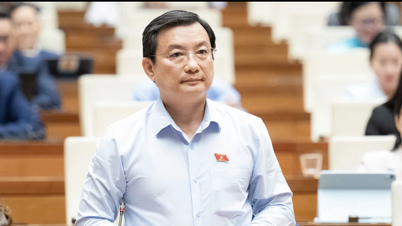

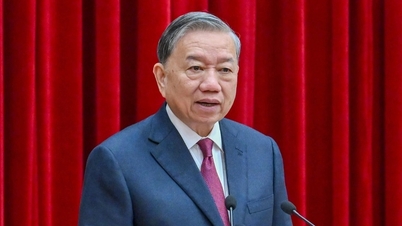

![[Photo] Next to the "mountain of trash" after the flood, Tuy Hoa residents strive to rebuild their lives](/_next/image?url=https%3A%2F%2Fvphoto.vietnam.vn%2Fthumb%2F1200x675%2Fvietnam%2Fresource%2FIMAGE%2F2025%2F11%2F24%2F1763951389752_image-1-jpg.webp&w=3840&q=75)

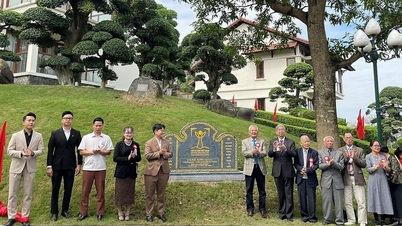



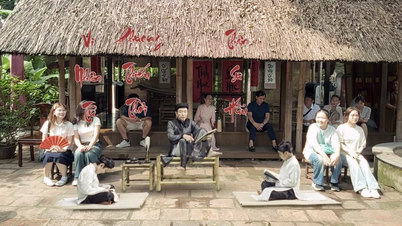







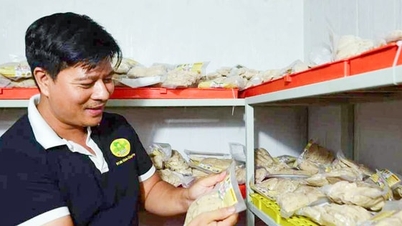






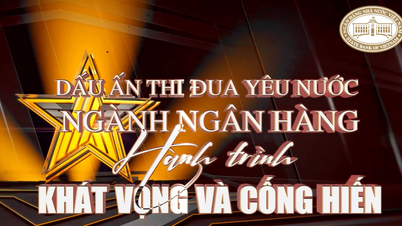



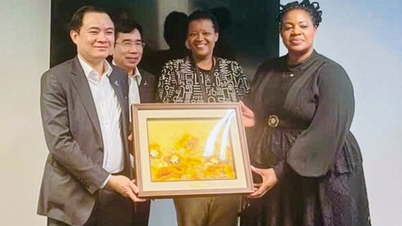
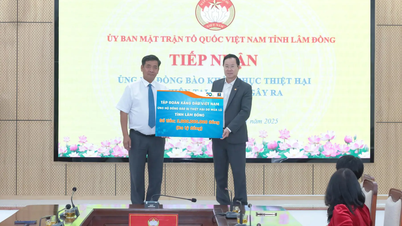







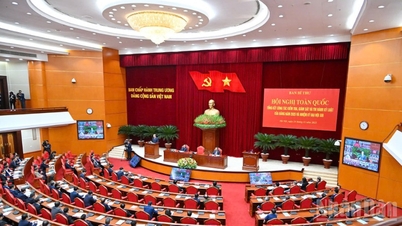



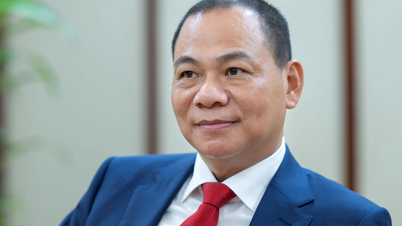






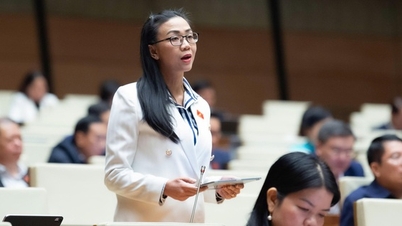



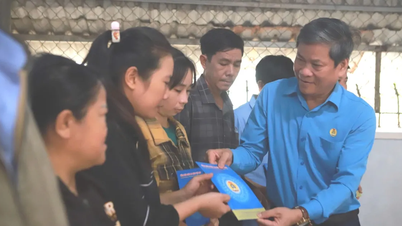



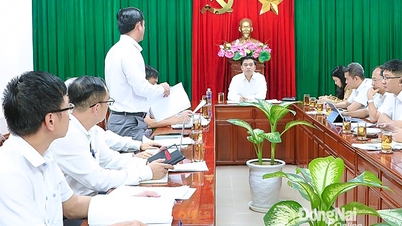


















Comment (0)